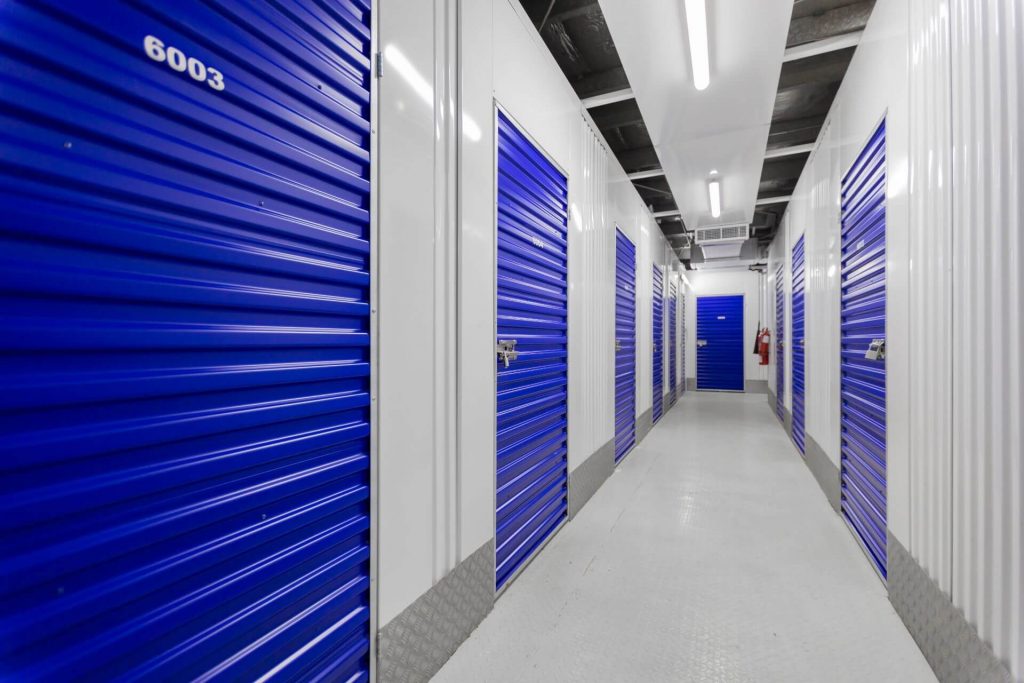
In today’s digital age, the management and storage of documents have undergone a significant transformation. With the advent of technology, traditional paper-based filing systems have given way to a wide range of digital storage options. This article explores the various types of solutions for document storage Dubai, highlighting their features, benefits, and drawbacks.
Physical storage:
Physical storage refers to the traditional method of storing documents in physical form. This includes filing cabinets, shelves, and boxes. While digital storage is becoming increasingly popular, physical storage remains relevant for certain industries or organizations that require tangible copies of important documents. Physical storage provides security and a physical backup option, but it is susceptible to damage from fire, water, or other disasters.
Local hard drives:
Local hard drives are internal or external storage devices connected to a computer or network. They offer high storage capacities and fast access speeds, making them suitable for storing large files and confidential documents. However, local hard drives are prone to hardware failure and require regular backups to prevent data loss. They are primarily limited to a specific location, hindering accessibility and collaboration.
Network attached storage (NAS):
NAS devices are dedicated storage servers connected to a network, allowing multiple users to access and share files. They offer large storage capacities, data redundancy through RAID configurations, and remote access capabilities. NAS provides centralized storage management, making it convenient for businesses with multiple users. However, initial setup and maintenance costs can be high, and performance may vary depending on network bandwidth.
Cloud storage:
Cloud storage has gained immense popularity due to its convenience and scalability. It involves storing documents and files on remote servers accessible over the internet. Cloud storage services like Google Drive, Dropbox, and OneDrive offer varying storage capacities, synchronization across devices, and easy file sharing. They also provide data encryption and regular backups, ensuring security and data protection. However, reliance on an internet connection can limit accessibility in remote areas, and there may be concerns regarding data privacy.
Document management systems (DMS):
Document management systems are specialized software platforms that enable the organization, retrieval, and secure storage of digital documents. DMS offers version control, document collaboration, and automated workflows. They provide a centralized repository for documents, making it easy to search, categorize, and track changes. DMS enhances productivity, streamlines document processes, and offers robust security measures. However, implementation and customization can be complex, requiring employee training and integration with existing systems.





